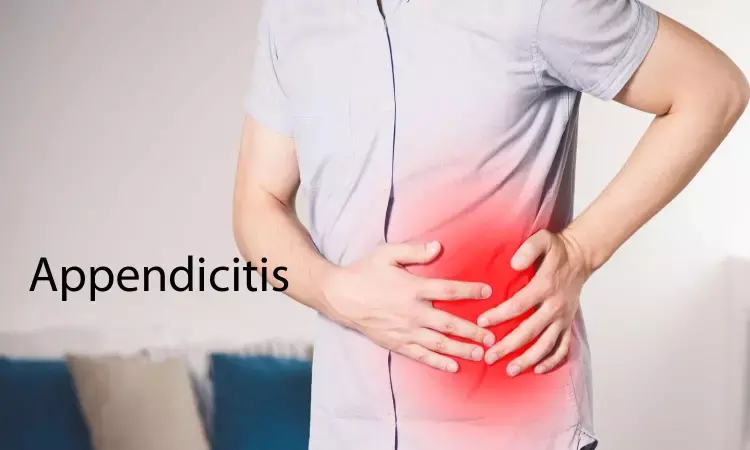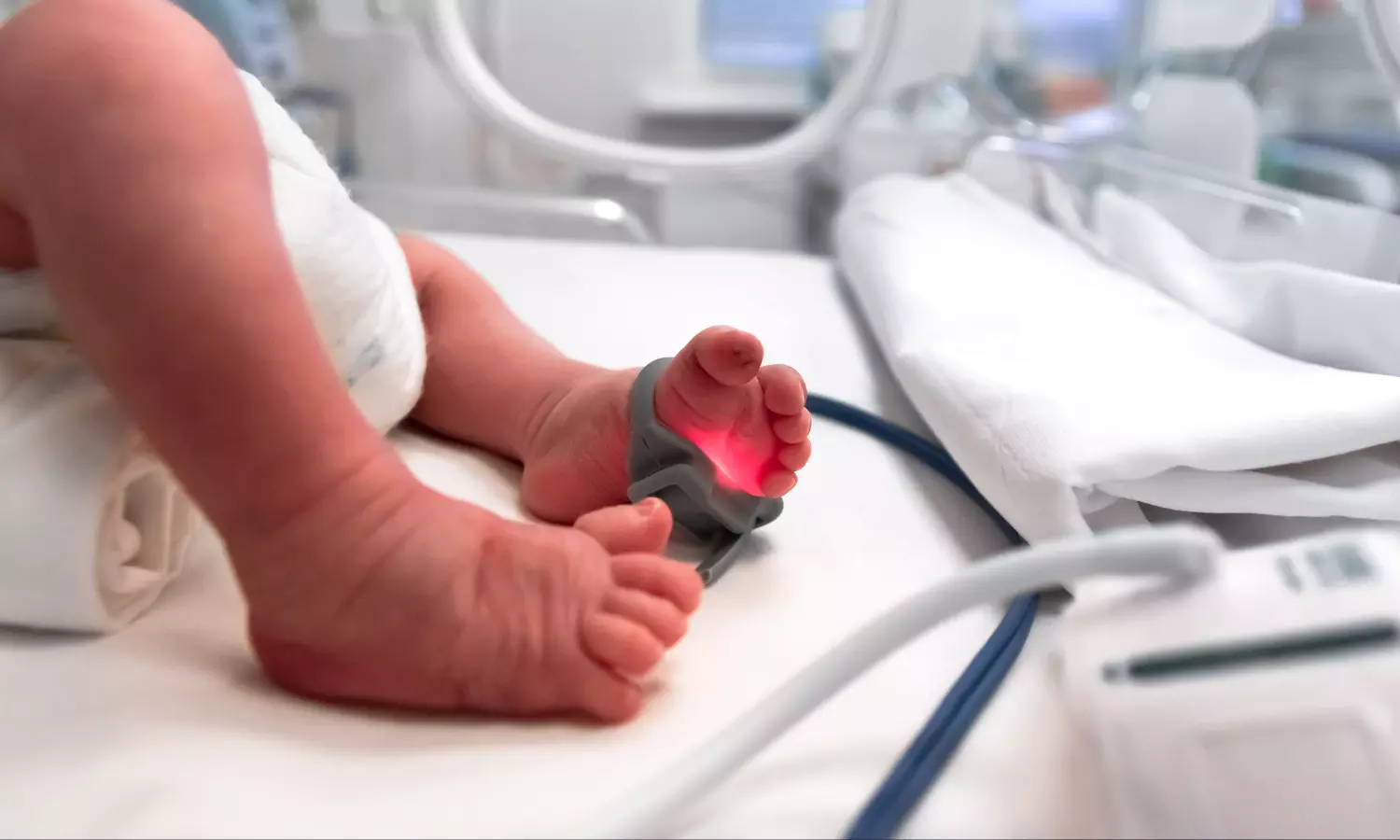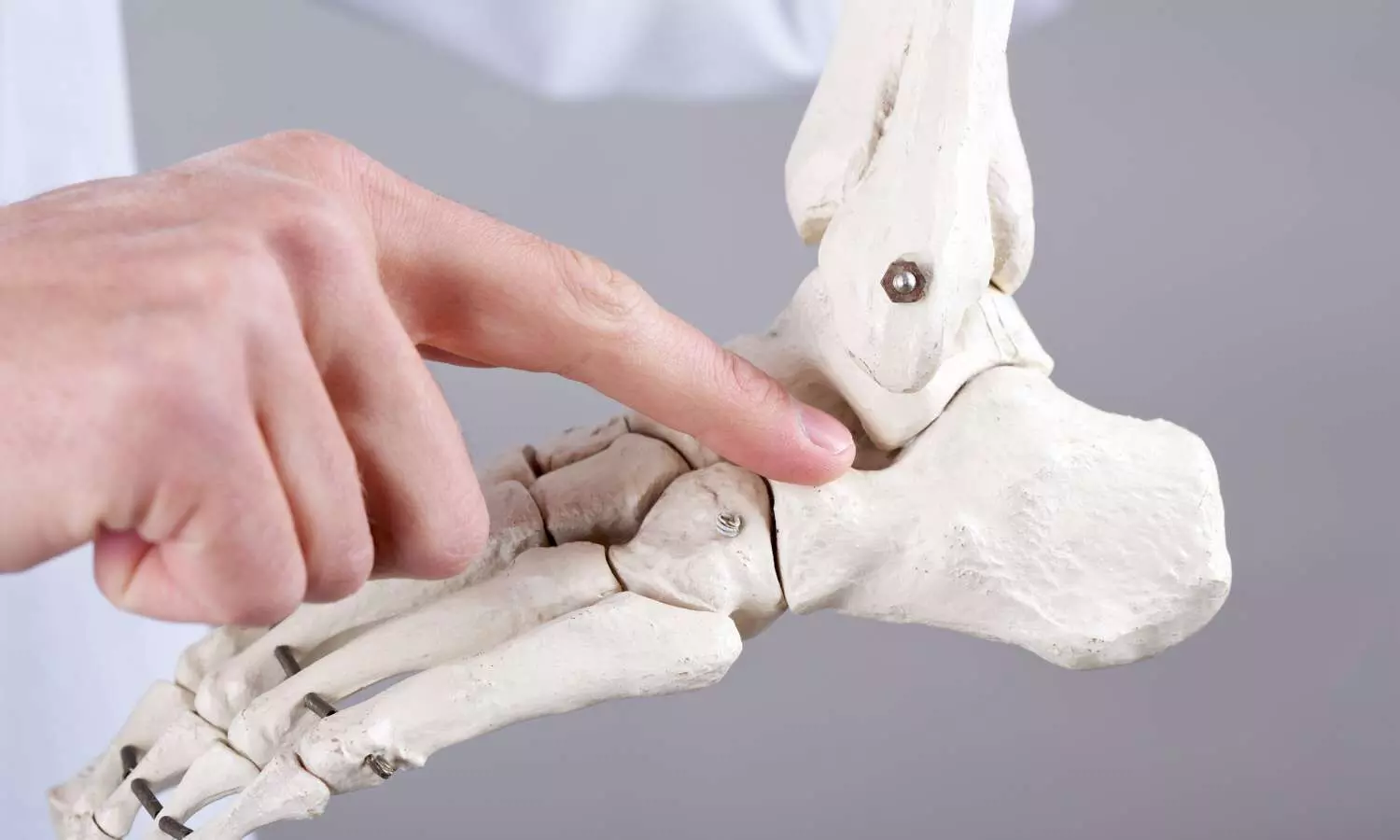- Home
- Medical news & Guidelines
- Anesthesiology
- Cardiology and CTVS
- Critical Care
- Dentistry
- Dermatology
- Diabetes and Endocrinology
- ENT
- Gastroenterology
- Medicine
- Nephrology
- Neurology
- Obstretics-Gynaecology
- Oncology
- Ophthalmology
- Orthopaedics
- Pediatrics-Neonatology
- Psychiatry
- Pulmonology
- Radiology
- Surgery
- Urology
- Laboratory Medicine
- Diet
- Nursing
- Paramedical
- Physiotherapy
- Health news
- Fact Check
- Bone Health Fact Check
- Brain Health Fact Check
- Cancer Related Fact Check
- Child Care Fact Check
- Dental and oral health fact check
- Diabetes and metabolic health fact check
- Diet and Nutrition Fact Check
- Eye and ENT Care Fact Check
- Fitness fact check
- Gut health fact check
- Heart health fact check
- Kidney health fact check
- Medical education fact check
- Men's health fact check
- Respiratory fact check
- Skin and hair care fact check
- Vaccine and Immunization fact check
- Women's health fact check
- AYUSH
- State News
- Andaman and Nicobar Islands
- Andhra Pradesh
- Arunachal Pradesh
- Assam
- Bihar
- Chandigarh
- Chattisgarh
- Dadra and Nagar Haveli
- Daman and Diu
- Delhi
- Goa
- Gujarat
- Haryana
- Himachal Pradesh
- Jammu & Kashmir
- Jharkhand
- Karnataka
- Kerala
- Ladakh
- Lakshadweep
- Madhya Pradesh
- Maharashtra
- Manipur
- Meghalaya
- Mizoram
- Nagaland
- Odisha
- Puducherry
- Punjab
- Rajasthan
- Sikkim
- Tamil Nadu
- Telangana
- Tripura
- Uttar Pradesh
- Uttrakhand
- West Bengal
- Medical Education
- Industry
Acute appendicitis among adolescents has protective effect against ulcerative colitis

Swedish researchers have found in a sibling comparison study that acute appendicitis had a protective effect against ulcerative colitis. The study has been published in BMJ Open Gastroenterology.
Past literature has shown an inverse relationship between appendicitis and ulcerative colitis (UC). But recent research has suggested that this relationship is influenced by genetic or environmental factors. Hence researchers from Sweden conducted a cohort study to assess the inverse relationship between acute appendicitis and ulcerative colitis (UC) using a sibling comparison design to adjust for unmeasured familial genetic and environmental factors between 1984 and 2018.
Using several Swedish national registers nearly 3.1 million Sweden residents were involved in the study. Fitting Cox hazards models, the risk for developing UC in individuals with and without acute appendicitis was calculated by the age of 20 years, adjusting for several potential confounding factors. Further, sibling-stratified analyses were performed to adjust for shared unmeasured familial confounding factors.
Results:
- During 57.7 million person-years of follow-up, 20,848 out of 31, 25, 232 developed UC among those without appendicitis (3.63 (3.59–3.68) per 10 000 person-years), whereas only 59 out of 35,848 people developed UC among those with appendicitis before age 20 years (1.66 (1.28–2.14) per 10 000 person-years).
- A reduced risk of UC development was found in those with acute appendicitis by age 20, compared with individuals who did not have appendicitis by this age.
- A slight attenuation in this association was found when adjusting for shared familial confounders.
By late adolescence, individuals with acute appendicitis had a lower risk of developing UC than those without. Shared familial environmental factors and genetics appeared to play a minor role in this association.
Further reading: Garcia-Argibay M, Hiyoshi A, Montgomery S. Acute appendicitis and ulcerative colitis: a population-based sibling comparison study. BMJ Open Gastroenterol. 2022;9(1):e001041. doi:10.1136/bmjgast-2022-001041
BDS, MDS
Dr.Niharika Harsha B (BDS,MDS) completed her BDS from Govt Dental College, Hyderabad and MDS from Dr.NTR University of health sciences(Now Kaloji Rao University). She has 4 years of private dental practice and worked for 2 years as Consultant Oral Radiologist at a Dental Imaging Centre in Hyderabad. She worked as Research Assistant and scientific writer in the development of Oral Anti cancer screening device with her seniors. She has a deep intriguing wish in writing highly engaging, captivating and informative medical content for a wider audience. She can be contacted at editorial@medicaldialogues.in.
Dr Kamal Kant Kohli-MBBS, DTCD- a chest specialist with more than 30 years of practice and a flair for writing clinical articles, Dr Kamal Kant Kohli joined Medical Dialogues as a Chief Editor of Medical News. Besides writing articles, as an editor, he proofreads and verifies all the medical content published on Medical Dialogues including those coming from journals, studies,medical conferences,guidelines etc. Email: drkohli@medicaldialogues.in. Contact no. 011-43720751




